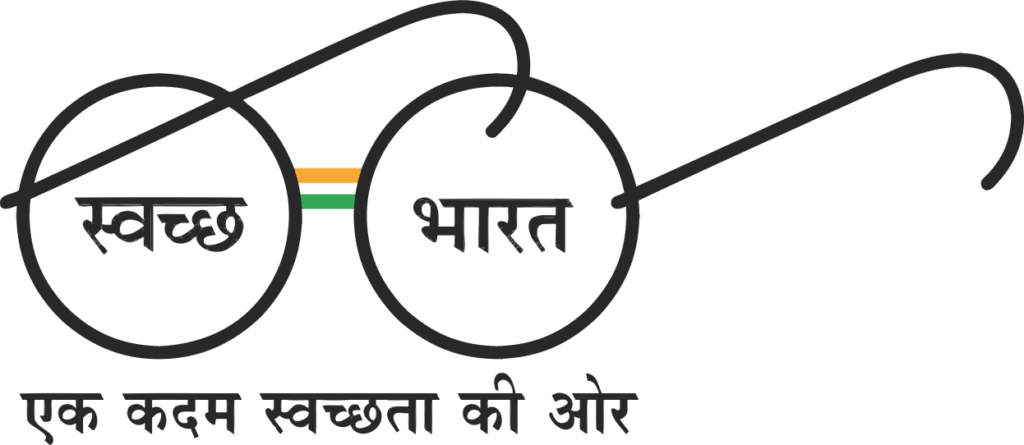Detailed Explanation of Education Policy
Education policy refers to the set of rules and regulations that govern the education system in a particular country or region. Education policy is important because it affects the quality, access, equity, and affordability of education for all learners. Imagine a country with a bunch of schools, each doing their own thing, some kids flying through maths while others struggle, some teachers using chalkboards while others have robots – it’d be a mess! That’s why we need this roadmap. Education policy plays a crucial role in shaping the overall structure and direction of the education system in a country.
In India, the National Education Policy 2020 (NEP) envisions a massive transformation in education. The aim is to create an education system rooted in Indian ethos that contributes directly to transforming India into an equitable and vibrant knowledge society. The NEP 2020 is founded on the five guiding pillars of Access, Equity, Quality, Affordability, and Accountability. Another critical component of education policy is funding. Adequate funding is essential to support various educational initiatives, including infrastructure development, teacher salaries, and student scholarships.
Governments allocate budgets to education based on their priorities and economic resources. They may also seek external funding from international organisations or private-sector partnerships to supplement their educational investments. Education policy is to ensure that all students have access to quality education, regardless of their socio-economic background. This involves promoting equity, inclusivity, and equal opportunities for all students.
The policy may include initiatives such as free or subsidised education, scholarships, and bursaries to ensure that financial barriers do not hinder a child’s access to education. The NEP 2020 also proposes to reform the assessment and examination system, by making it more competency-based, continuous, and formative, rather than rote-based, one-time, and summative. The NEP 2020 also envisages a National Assessment Centre, called PARAKH (Performance Assessment, Review, and Analysis of Knowledge for Holistic Development), to set the standards and guidelines for student assessment and evaluation.
The NEP 2020 also plans to conduct a National Achievement Survey (NAS) to monitor the learning outcomes of students at various stages of school education. In addition to curriculum development, education policy also focuses on teaching methods and pedagogy. The policy promotes the use of innovative and engaging teaching methods that cater to the diverse learning needs of students. It also emphasises the importance of professional development for teachers and supports their continuous growth and improvement.
The policy also proposes the revision and revamping of all aspects of the education structure, including school regulation and governance, to create a new system that is aligned with the aspirational goals of 21st-century education along with India’s tradition, culture, and value system. Technology will be integrated with education through several existing as well as proposed initiatives. Regarding resource allocation, education policy determines the allocation of funds and resources to the education system.
This includes allocating resources for infrastructure development, teacher salaries, textbooks and other educational materials, and school facilities. The policy aims to ensure that education receives the attention and support it needs to provide a quality education for all students. It’s important to remember that education policy isn’t just about passing exams or getting into a good college. It’s about equipping young people with the skills and knowledge they need to become critical thinkers, responsible citizens, and lifelong learners. It’s about building a brighter future for everyone, not just a select few.
Conclusion
As we all know, an effective education policy must prioritise accessible digital learning. Utilising platforms like Common Service Centres (CSC) is pivotal. Seamless CSC registration and apply for csc processes are essential for ensuring widespread access to education. CSC Seva plays a crucial role in bridging educational gaps, making quality learning opportunities available to all. Embracing technology through CSC is key to shaping a future-ready education system.


